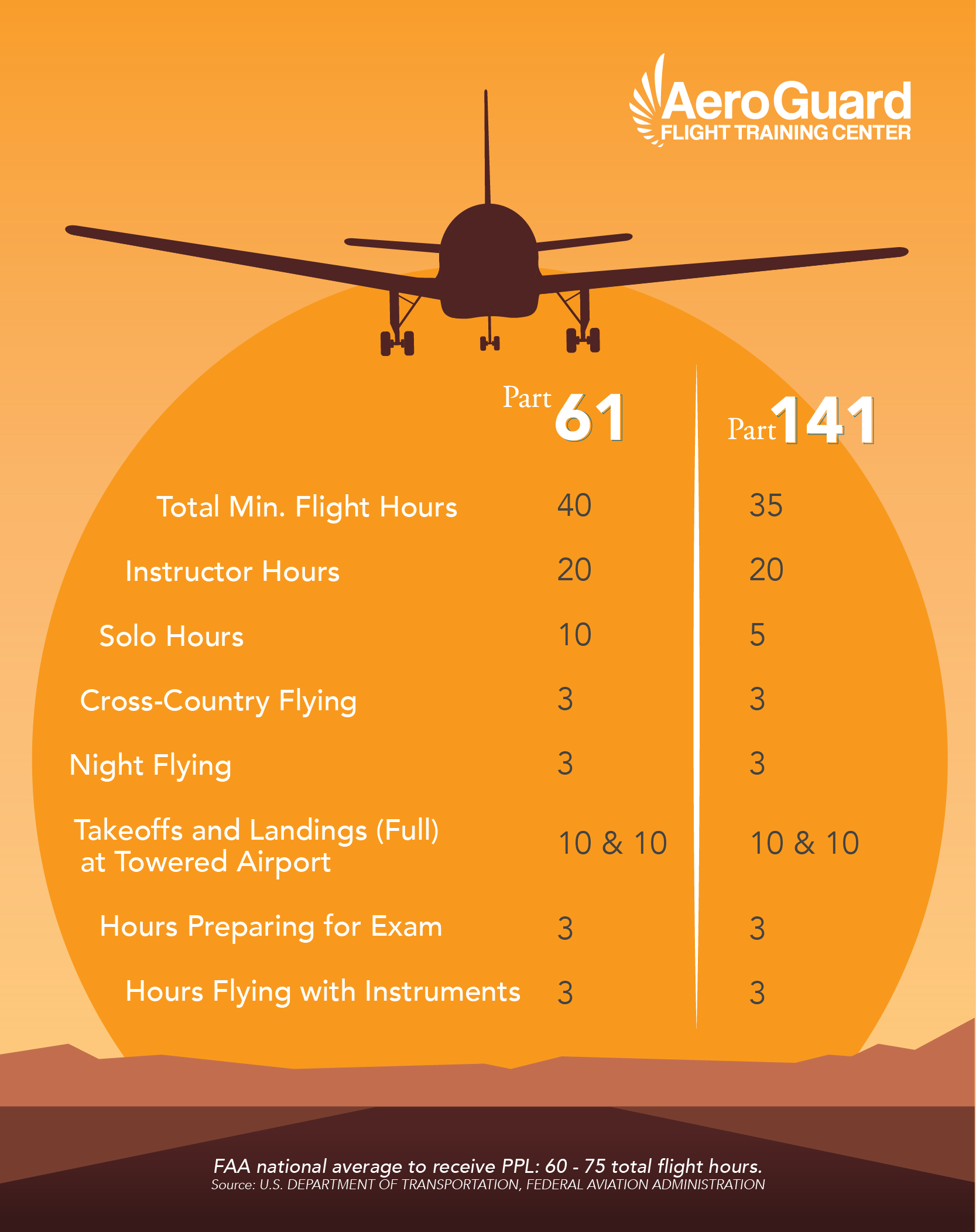How to prepare for your private pilot license flight training

Soaring to New Heights: Preparing for Your Private Pilot License Flight Training
The thrill of taking to the skies, the freedom of commanding your own aircraft – these are dreams that fuel many aspiring pilots. But before you can touch the controls of a plane and embark on your own aerial adventures, thorough preparation is key. Here’s a comprehensive guide to ensure you’re well-equipped for your private pilot license (PPL) flight training journey:
1. Groundwork is Essential:
- Medical Certification: Begin by obtaining a medical certificate from an FAA-designated Aviation Medical Examiner (AME). This assesses your physical and mental fitness to fly.
- Knowledge is Power: Familiarize yourself with the fundamentals of aviation. Enroll in a ground school or study online resources to grasp concepts like aerodynamics, meteorology, navigation, regulations, and aircraft systems.
- Practice Makes Perfect: Invest in study materials like textbooks, flashcards, and practice exams. Regularly test your understanding and solidify your knowledge base.
2. Choosing the Right Flight School and Instructor:
- Reputation and Experience: Research flight schools with a solid reputation for safety, training methods, and student success.
- Instructor Match: Find an instructor who aligns with your learning style and communication preferences. They should be patient, encouraging, and dedicated to your progress.
- Aircraft Availability: Ensure the flight school has readily available aircraft that match your training syllabus.
3. Fitness and Physical Preparation:
- Physical Fitness: While flying itself isn’t physically demanding, maintaining a healthy fitness level improves your cognitive abilities, reaction time, and overall well-being.
- Practice Simulators: Utilize flight simulators to familiarize yourself with cockpit controls, instrument readings, and basic maneuvers. This can help you build confidence and reduce initial anxiety.
- Mental Preparation: Learn stress management techniques and maintain a positive mindset. A calm and composed approach will enhance your learning and performance.
4. Budgeting and Logistics:
- Financial Planning: Flight training can be a significant investment. Create a realistic budget, consider payment options, and factor in additional costs like books, medical exams, and licensing fees.
- Time Commitment: Allocate ample time for both ground school and flight training. Be prepared for a considerable time commitment, particularly in the initial stages.
- Transportation and Accommodation: If you’re training away from home, arrange for transportation and accommodation. Consider flight school-provided options or find suitable alternatives.
5. Mindset and Expectations:
- Passion and Dedication: Flight training requires perseverance and a strong commitment. Be prepared for challenges, embrace setbacks as learning opportunities, and stay motivated.
- Realistic Goals: Set achievable goals for each stage of your training. Focus on consistent improvement rather than rushing through the process.
- Enjoy the Journey: Remember to enjoy the learning experience. The excitement of mastering new skills and the sheer joy of flying will fuel your passion and make the journey worthwhile.
Preparing for your private pilot license flight training is a journey of self-discovery and accomplishment. By following these steps, you’ll equip yourself with the knowledge, skills, and mental fortitude to soar to new heights, both in the air and in your personal growth.

